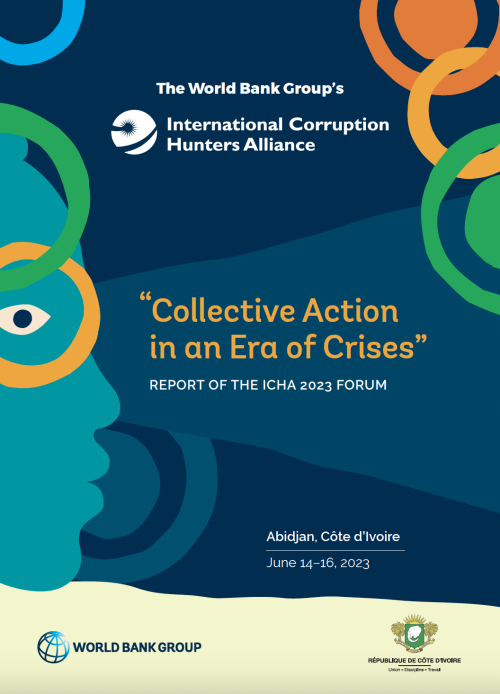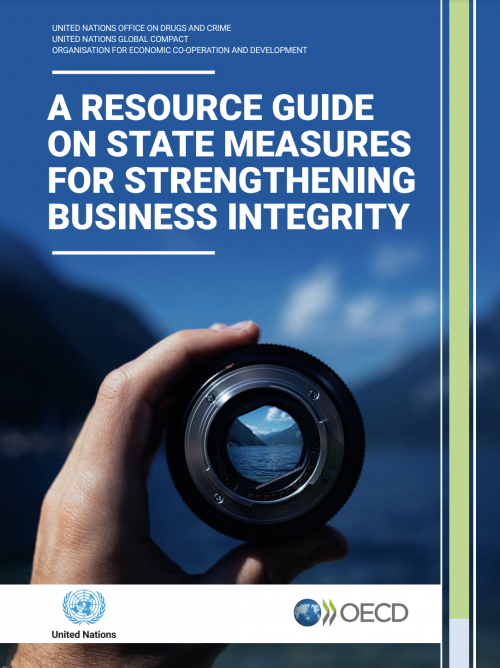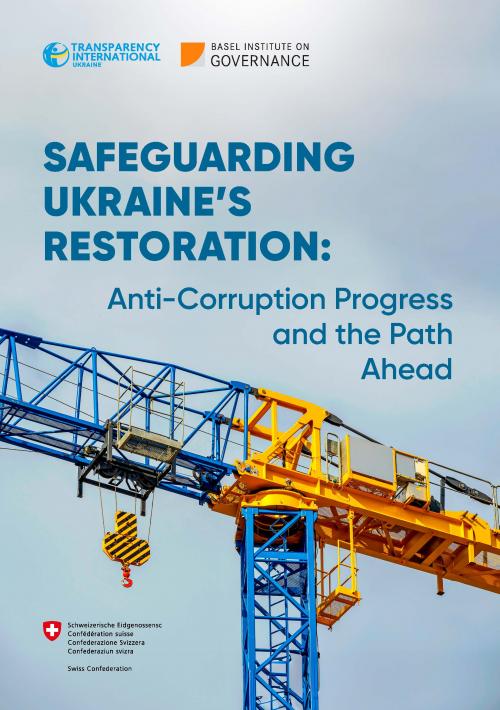Improving Transparency, Integrity, and Accountability in Water Supply and Sanitation: Action, Learning, Experiences
This manual on Improving Transparency, Integrity, and Accountability in Water Supply and Sanitation is the result of a partnership between the World Bank Institute (WBI) and Transparency International (TI). It was developed under the Open and Participatory Government Program at the Municipal Level (known by its Spanish
acronym as the GAP Municipal Program).
The GAP Municipal Program, managed by WBI since 2000, supports institutional change in local government by helping to design tools to combat corruption. It provides a platform for disseminating knowledge on anticorruption strategies that can be adapted and used by national agencies and municipalities worldwide. Over the years, GAP has supported many training initiatives in Latin America and the Caribbean and in Anglophone and Francophone Africa.
- Module 1 lays out a conceptual framework for understanding the nature of corruption and analyzing the effects of different types of corruption on customers, institutions, and society at large.
- Module 2 discusses how to use internally and externally focused tools to investigate the extent of corruption and the preparedness of service providers and other organizations to prevent it.
- Module 3 presents a suite of tools to address corruption in water supply and sanitation. Many of these tools call for increased participation by civil society organizations in identifying sectoral budget priorities and in monitoring sectoral performance. Improving access to information is a key ingredient in many of these tools.
- Module 4 includes a number of case studies that demonstrate how the use of the tools discussed in module 3 and other anticorruption tools have led to outstanding sectoral and institutional performance in countries as diverse as Cambodia, Panama, and Singapore.
- Module 5 describes how to create and implement action plans to address corruption and improve transparency, accountability, and access to information in the water and sanitation sector.
Although the main focus is on Honduras and Nicaragua, case studies from many regions make the manual universally relevant. Applying the insights and tools described here can help raise the coverage and quality of municipal water supply and sanitation services, thereby contributing to the economic well-being of all citizens and improving civic engagement.



